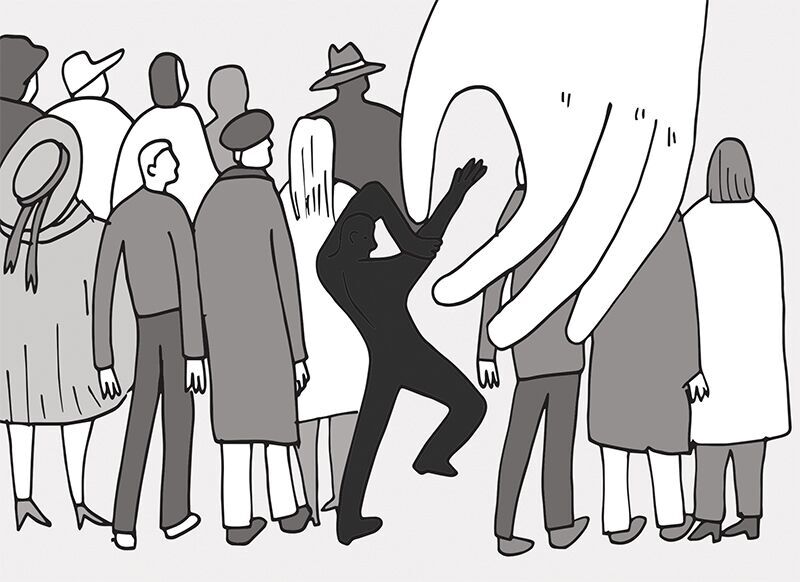No more holding back my response to offensive comments
“Wow! It’s like Islam is a virus.”
That’s what my journalism professor told me when I pitched a story about a girl who converted to Islam. I was shocked and appalled by her “joke” and immediately felt uncomfortable. My face dropped and she said, “I was only kidding.” But the thing is, I knew she wasn’t.
As one of the few Muslim people of colour in my classes and in my program, I’m quite aware of what my professors and fellow classmates say and don’t say when it comes to conversations about race and religion—anything that might pertain to my identity. My ears perk up when these topics arise in class discussions, and I’m immediately defensive because the last thing I want to hear is something that will offend every bone in my body. I grew up experiencing racism at the hands of my teachers and classmates, and unfortunately, part of me is still dealing with those traumatizing incidents. Part of me still expects to experience it in classes today.
This professor, the one who “joked” about Islam being a virus, made me and my Muslim classmate feel uncomfortable numerous times. When the Quebec mosque shooting happened last year, she ignored the fact that there were two Muslims in the class. She was insensitive and dismissive, and treated it as a news story or a pitch idea. Throughout the semester, she made me feel shameful for pitching ideas that related to the Muslim community in Montreal. And yet, I never said anything against her. I never complained.
The following semester, I had another journalism professor who told me Muslim women usually don’t go to mosques. He laughed about my final project that profiled a niqabi Muslim woman. His arrogant and ignorant comments puzzled me, and I attempted to brush them off—maybe he’s confused, I told myself. But throughout that semester, he also implied that all Jamaicans smoke weed and all Asians have impossible-to-spell names.
I always feel offended and uncomfortable when I hear racially insensitive comments. And I’ve realized I should. We all should.
I’ve promised myself that, from now on, I won’t stay quiet. If something bothers me, I won’t question its level of offensiveness until it’s too late to do something about it. If a teacher insults an entire ethnic or religious group in class, I won’t look around the room to see if someone is as angry as I am. I’ve realized that time goes by fast, and if we don’t step forward and use our voices, it eventually becomes harder to speak up.
Graphic by Zeze Le Lin




